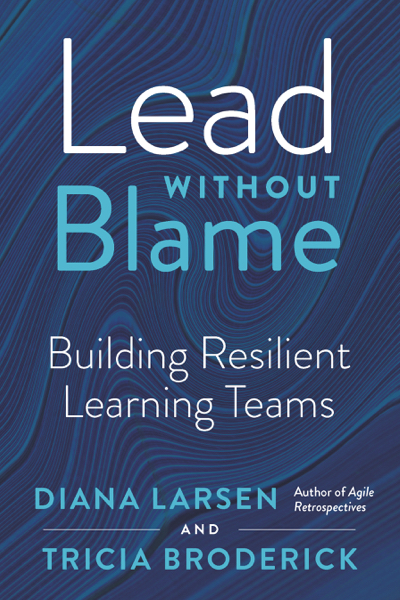Every so often, I have a former colleague contact me regarding helping them in their considerations to decide if they want to take a new position. This could be at the same company, but I’m going to focus on the scenario of changing companies. Obviously, every situation is unique but there are a couple of common topics that are always discussed.
- What if I don’t like it (or they don’t like me)? I will not lie…there is a chance this will happen. In my career, I have had one position where within months, I knew that I made the wrong choice. You found this job/role, so I trust you will find a new one if that happens. Is that painful? Sure, but so is staying something that turned out to not be a good fit. Staying at one company for your entire career is not common anymore. Everyone should be starting a job with the expectation that both you and the company are determining fit for the first couple of months.
- What is your risk tolerance? This comes up most for considerations of startups. What if they go under? What if they can’t afford payroll? Yep, this can happen. I’ve been in a company once that was stressing about payroll each month until they were acquired. Could you go 3-6 months without a paycheck? If so, chances are high you could get another job if the worst-case scenario did happen.
- Are big or small companies better? Come on, you know there is no right answer to this. Some people love the stability of a big company. Other people love the flexibility of a small company. Some people hate processes in a big company. Other people hate the stress/weight in a small company. I don’t focus on this as much as do I find purpose in the company’s goal.
- Are you excited? Job descriptions are so hard to know if they align with your goals. And even if all the right things are said, that doesn’t mean that is the job you get to do (trust me). Too often, I hear people say “well, I don’t really want to do this job but getting in will give me better options and more pay”. This is a dangerous sign for me. If you go into a job thinking it is beneath you, your productivity and results will show that. If you go into a job focused on the next role, your productivity and results will show that. Remember those first few months are all about creating connections and reputations – you have to be excited about whatever it is that you are agreeing to. Maybe it’s an opportunity to do something better this time around. Maybe it’s an opportunity to be a little selfish and not have to focus on more responsibilities. Whatever it is, find an angle that makes you super excited for the company/job. If you can’t, this will likely not be a good choice.
- What if the pay/title is comparable or even down? I have taken numerous pay cuts and title cuts in my career. They don’t mean anything. If it is a new industry I want to learn, a new role, a different size company, etc…whatever is making me excited, I focus on that. In my experience, being driven by the work’s goals…the rest of it tends to work itself out over time. But what about the case where the company is small (i.e. there are only so many promotion options), are there things you can learn? Do you want to learn them? You never know what will happen but regardless, if you are learning and growing skills along the way, then you can make a choice later if you need to make a move due to needing additional challenges.
- What if something better comes along? I’ve had this happen. And I am grateful that opportunities present themselves. Personally, I’ve always stayed committed to what I agreed to first and the interesting thing is that those other “better” opportunities have a funny way of showing back up again. Trying to time things and different company response times, well, I’ve failed every time. You have to take each offer and decide the above…and make an answer. I think because I’ve been excited every time I accept that when another opportunity comes along, I can easily say…not the right time because I’m also excited about what I’m doing now. People respect that.
- What if they counteroffer me to stay? This does happen sometimes. In my experience, this tends to not end well. There was a reason you were looking. There was a reason you didn’t just ask/get what you needed before you had a counteroffer. Personally, when I decide to start looking, I have to be 100% ready to leave. That there will always be temptations to stay – the people, the work, etc but whatever prompted me to be ready, I need to honor that. I have the hardest time with this when I do moves. For two companies, I moved states and left companies that I adored. So no counteroffer would make a difference as I was moving. The one time I saw this go horribly wrong, a colleague was intentionally getting offers to force raises for himself. Only he did it one too many times, the company didn’t offer. He didn’t actually want the new job. He ended up unemployed.
- What if I regret leaving, can I go back? Many times, absolutely. I have a number of colleagues that have done this. How you leave an organization matters. The organization you return to is often different from when you left anyway. Jobs come and go…relationship stay. If you keep them, anything is possible.
What are your interview offer considerations?




